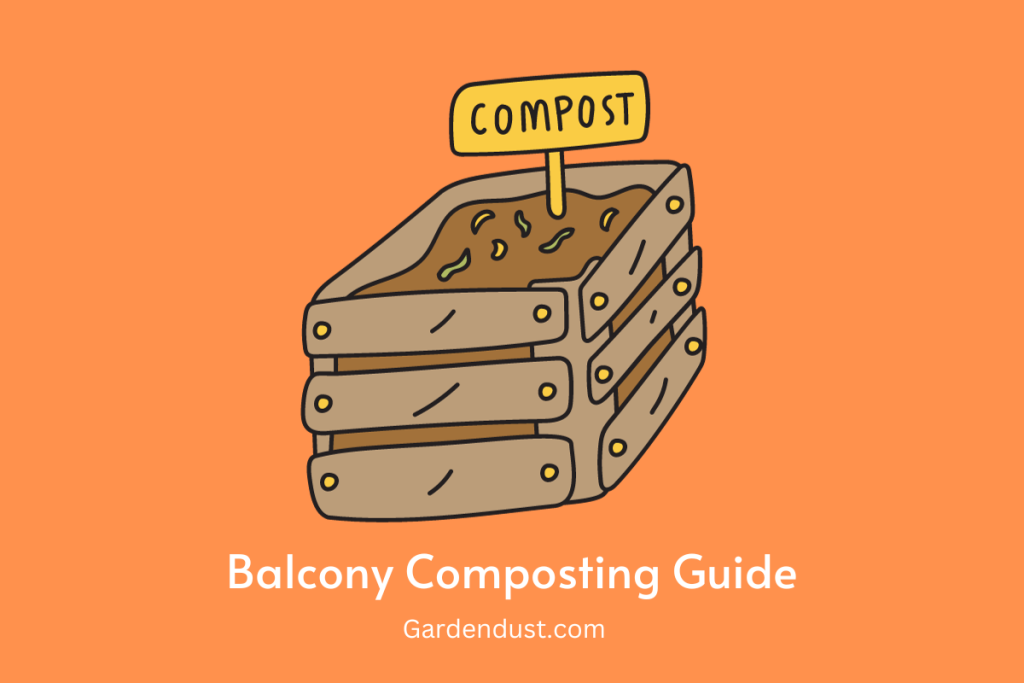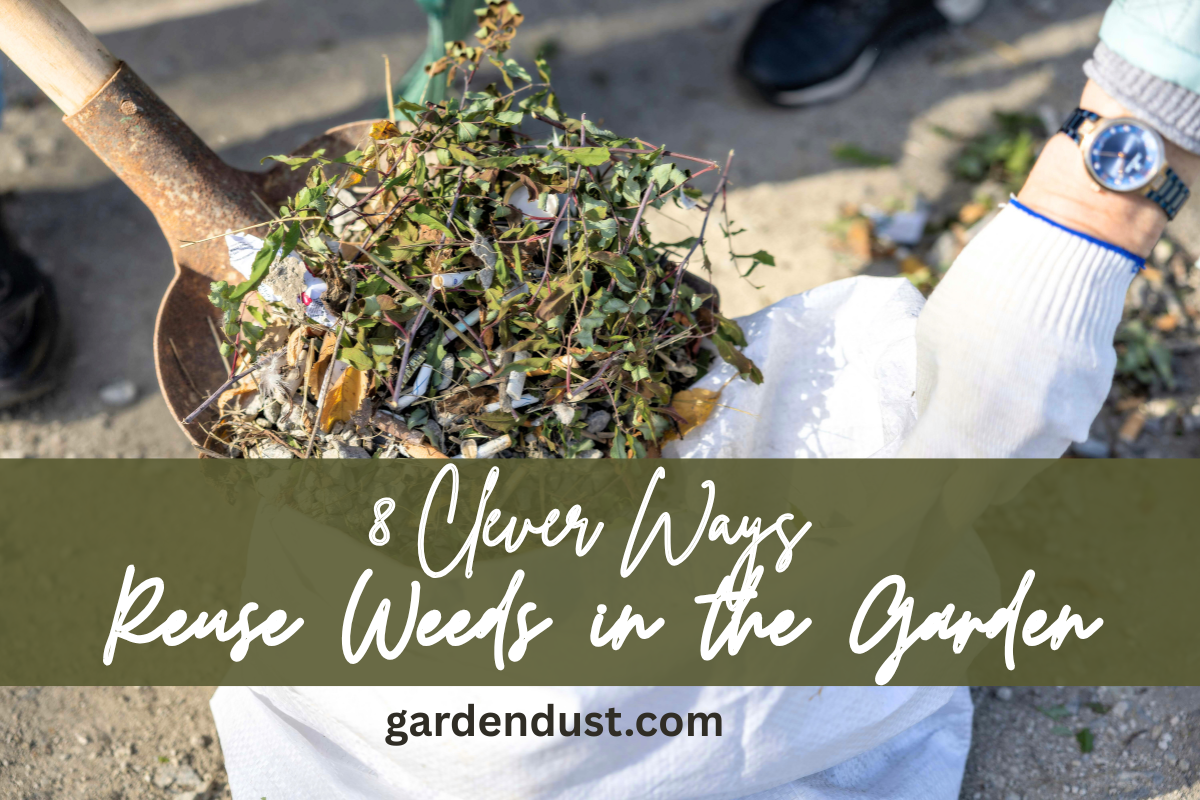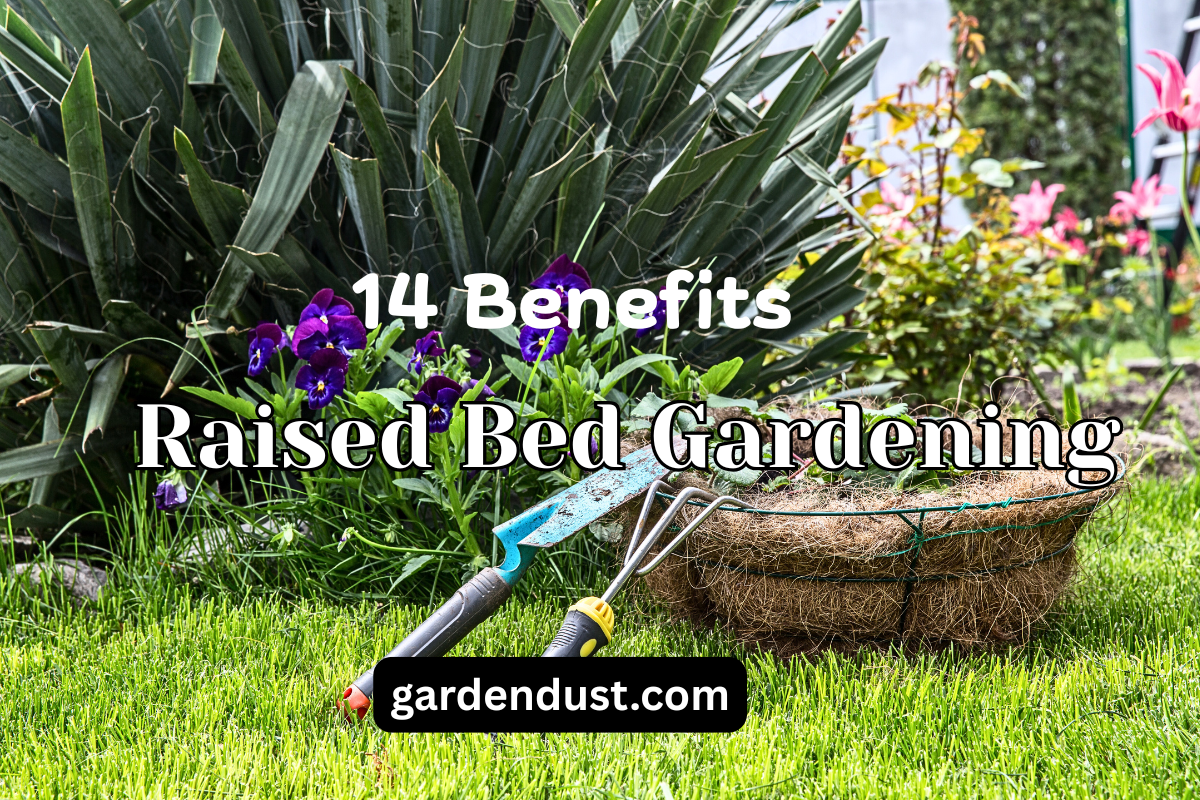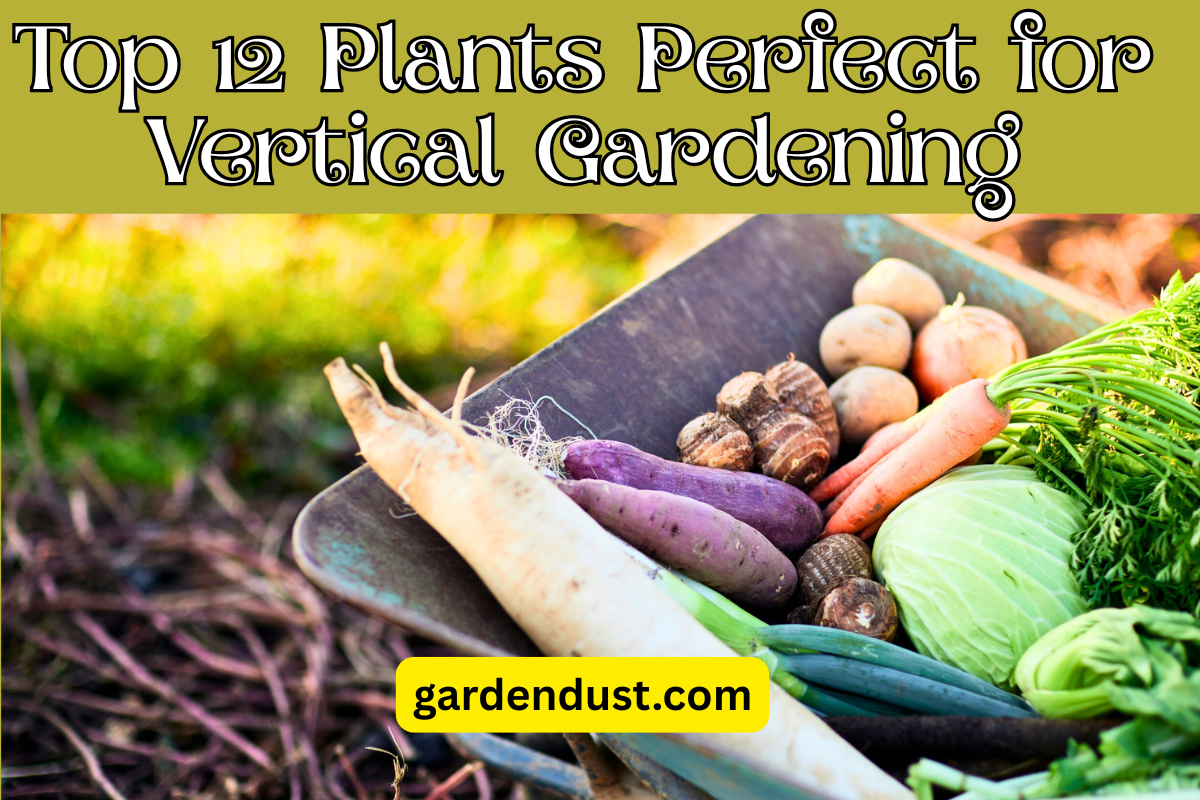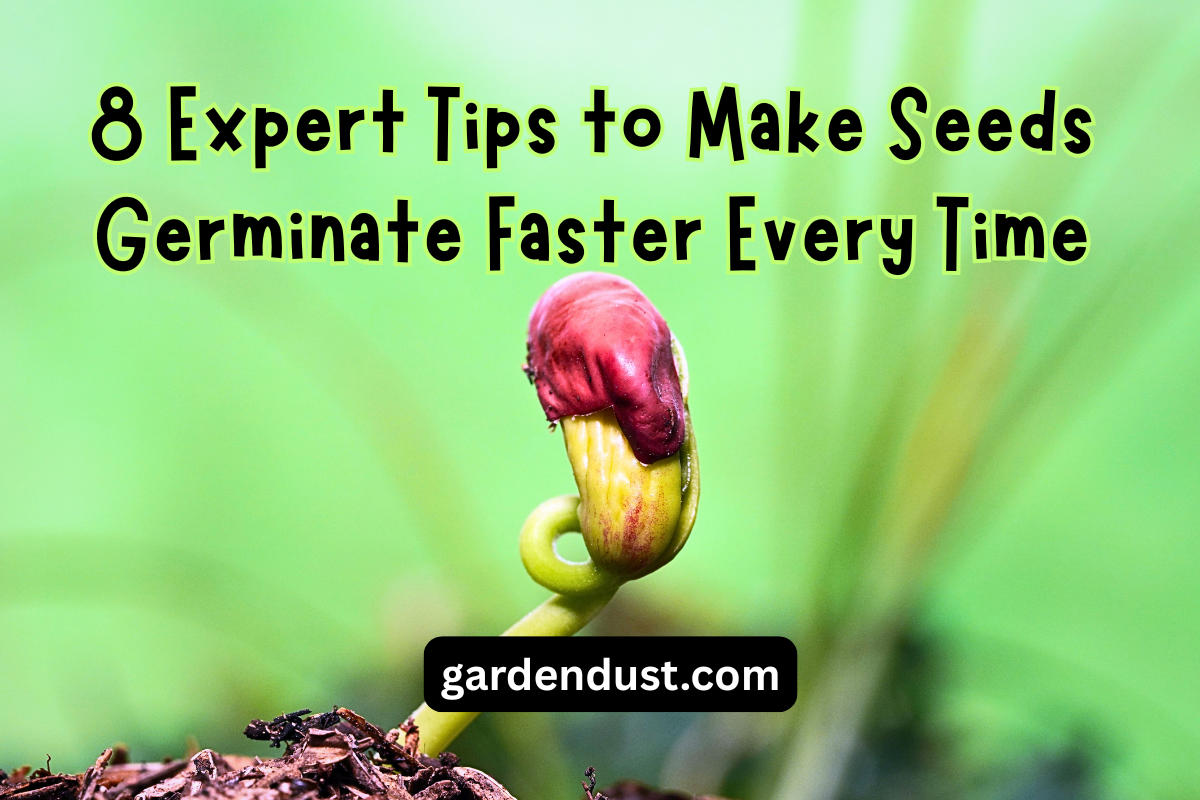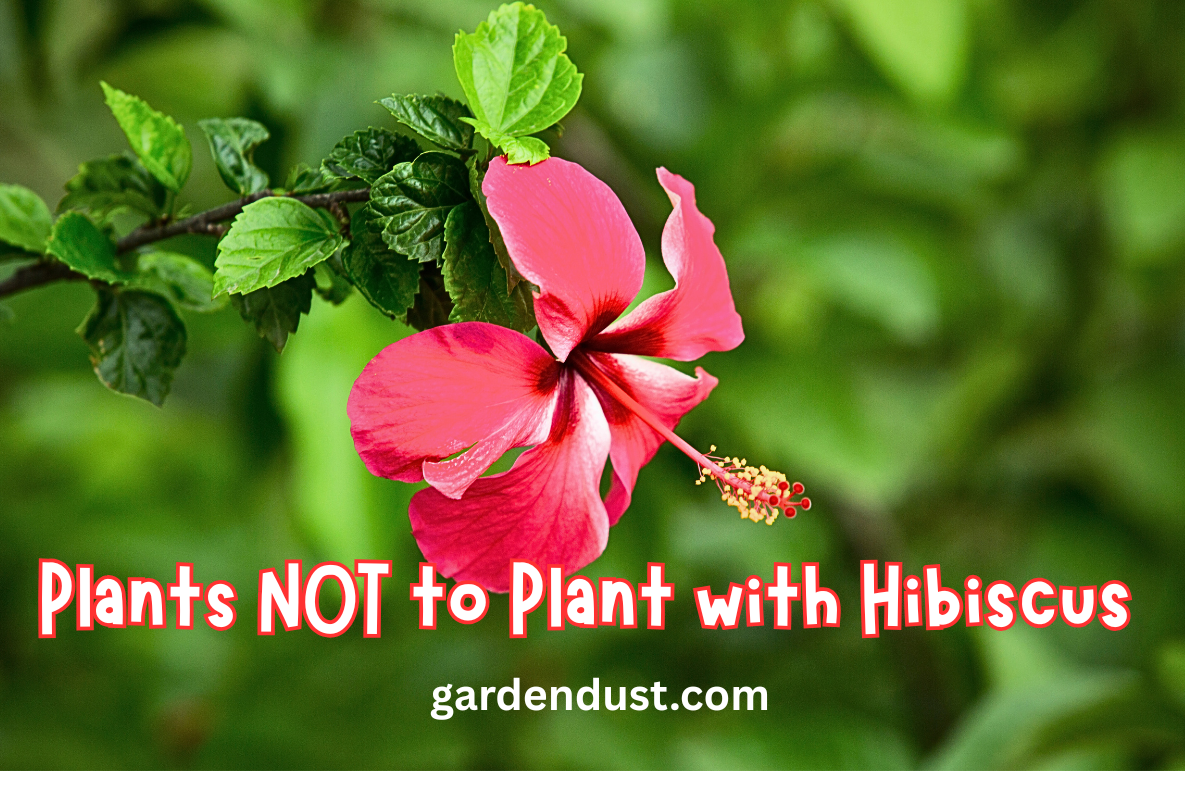Composting is a fantastic way to reduce waste, enrich soil, and contribute to a greener planet. But what if you don’t have a backyard or garden space? The good news is that you can compost on a balcony! In this comprehensive guide, we’ll explore the world of balcony composting, from the types of composting systems you can use to troubleshoot common issues. Let’s get started on your journey to becoming a balcony composter.
Can You Compost on a Balcony?
Yes, you can compost on a balcony, and it’s easier than you might think. Balcony composting is a space-saving and eco-friendly solution for apartment dwellers, urban gardeners, and anyone with limited outdoor space. You can turn your balcony into a mini composting haven with the right approach and a few adjustments.
Types of Balcony Composting Systems
Before you start balcony composting, consider the type of composting system that suits your space and needs. Here are a few options:
- Vermicomposting: Vermicomposting, or worm composting, is an ideal choice for balconies. You’ll need a worm bin, red wiggler worms, and bedding materials. Worms break down organic matter quickly and produce nutrient-rich worm castings.
- Bokashi Composting: Bokashi composting uses a fermentation process to break down organic waste. You’ll need a Bokashi bin, Bokashi bran, and airtight containers. This method works well for small spaces and can handle a wide range of kitchen scraps.
- Tumbling Composter: A compact, self-contained tumbling composter is another balcony-friendly option. These units require minimal maintenance and can efficiently compost kitchen scraps and small amounts of yard waste.
- Compost Tumbler Bags: Compost tumbler bags are portable and easy to use on a balcony. They’re essentially large, cylindrical bags that you can rotate to mix the composting materials. These bags are space-saving and suitable for smaller quantities of compostables.
Balcony Composting Dos and Don’ts
When composting on a balcony, there are some essential dos and don’ts to keep in mind:
Dos:
- Choose the Right Location: Place your composting system in a spot that receives indirect sunlight and is sheltered from extreme weather conditions.
- Use an Airtight Container: If you’re using a Bokashi composting system, make sure your container is airtight to prevent odors and pests.
- Layer Properly: In vermicomposting, layer your bedding materials, kitchen scraps, and worms correctly for efficient decomposition.
- Monitor Moisture: Check the moisture levels in your compost regularly. The composting materials should be as damp as a wrung-out sponge.
- Harvest Compost Regularly: In worm composting, harvest the worm castings as they accumulate. This ensures a healthy and odor-free system.
Don’ts:
- Avoid Meat and Dairy: In small balcony composting systems, it’s best to avoid adding meat, dairy, and oily foods to prevent odors and pests.
- Don’t Overload: Avoid adding too many kitchen scraps at once, especially in small systems. This can lead to imbalances and slower decomposition.
- Don’t Overwater: While it’s essential to maintain proper moisture levels, avoid overwatering your compost. Excess water can cause anaerobic conditions and odors.
- Skip Large Yard Waste: Balcony composting is best suited for kitchen scraps and small amounts of yard waste. Avoid adding large branches or yard debris that won’t fit in your system.
Balcony Composting FAQs
1. Will composting on my balcony attract pests?
Properly managed balcony composting systems should not attract pests. Avoid adding meat, dairy, and oily foods, and make sure your composting system is securely closed or covered to deter pests.
2. Can I use balcony compost in my indoor plants?
Absolutely! The compost you produce on your balcony can be used to enrich the soil for indoor plants or any potted plants you have on your balcony.
3. How do I prevent odors when composting on my balcony?
Balcony composting should not produce strong odors if managed correctly. Avoid adding odorous materials like meat and dairy, and maintain proper aeration and moisture levels in your composting system.
4. What can I do with my balcony compost once it’s ready?
You can use your finished compost to nourish your potted plants, balcony garden, or even donate it to local community gardens or urban farming initiatives.
5. Can I compost paper and cardboard on my balcony?
Yes, paper and cardboard are excellent additions to your balcony compost. Shred them into small pieces to aid decomposition.
6. How long does it take to produce compost on a balcony?
The time it takes to produce compost on a balcony depends on the composting method, materials used, and environmental conditions. Vermicomposting and Bokashi composting tend to be faster than traditional composting methods, with results in a few months.
Conclusion
Composting on a balcony is possible and an eco-friendly way to reduce waste and create nutrient-rich compost for your plants. Whether you choose to use vermicompost, Bokashi composting, a tumbling composter, or compost tumbler bags, balcony composting is a space-saving and rewarding endeavor. With the right practices and patience, you’ll soon be producing your own compost right on your balcony, contributing to a greener and more sustainable lifestyle. Happy composting!

